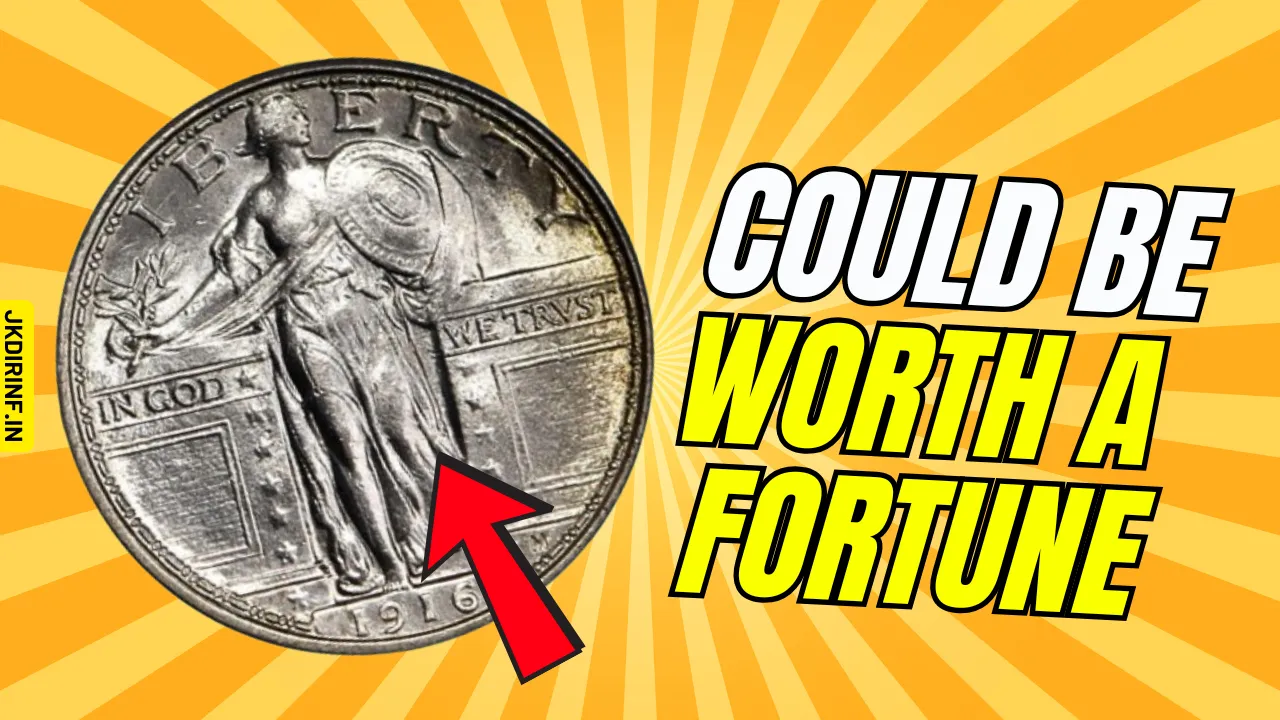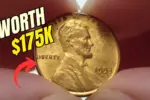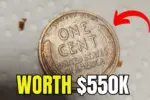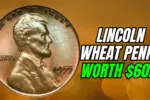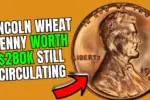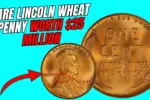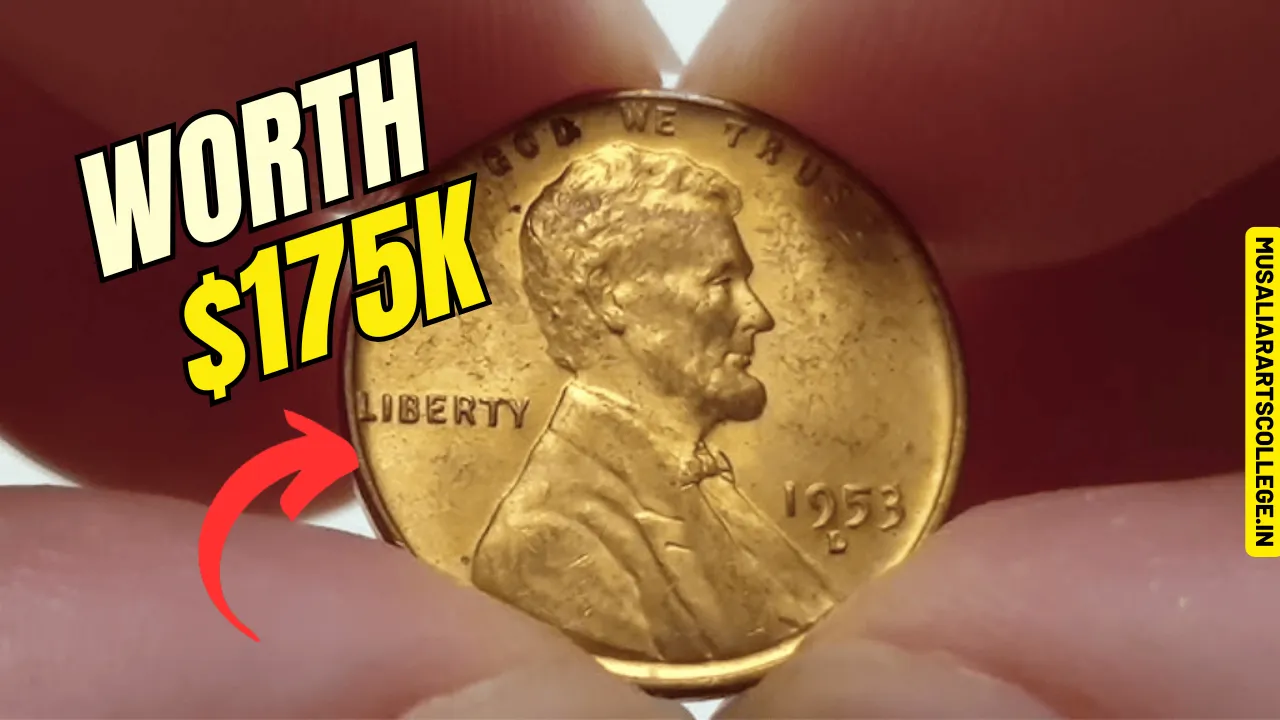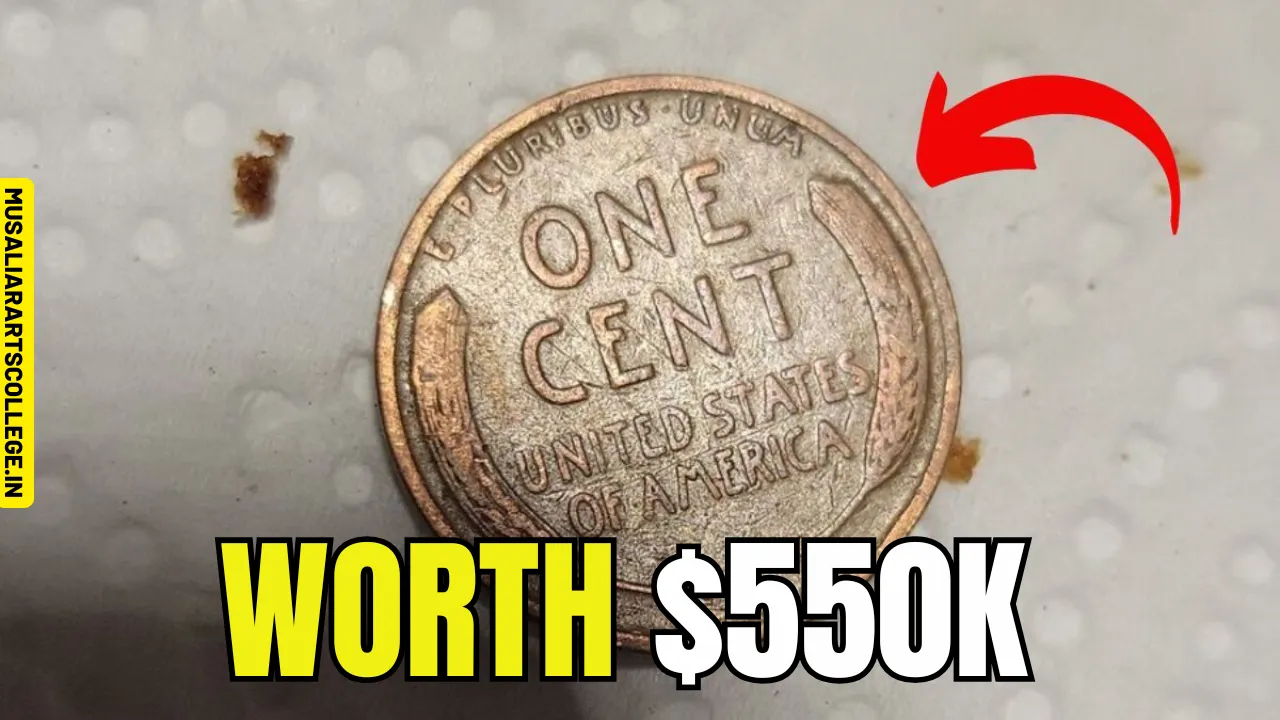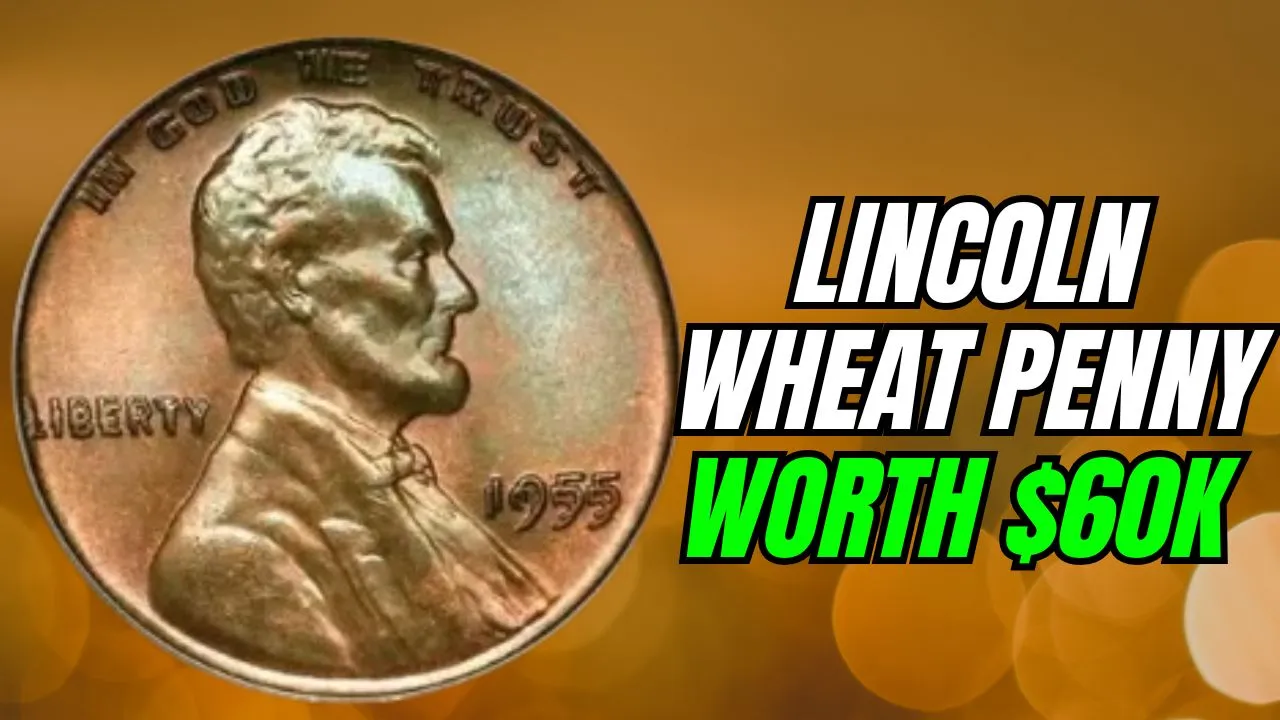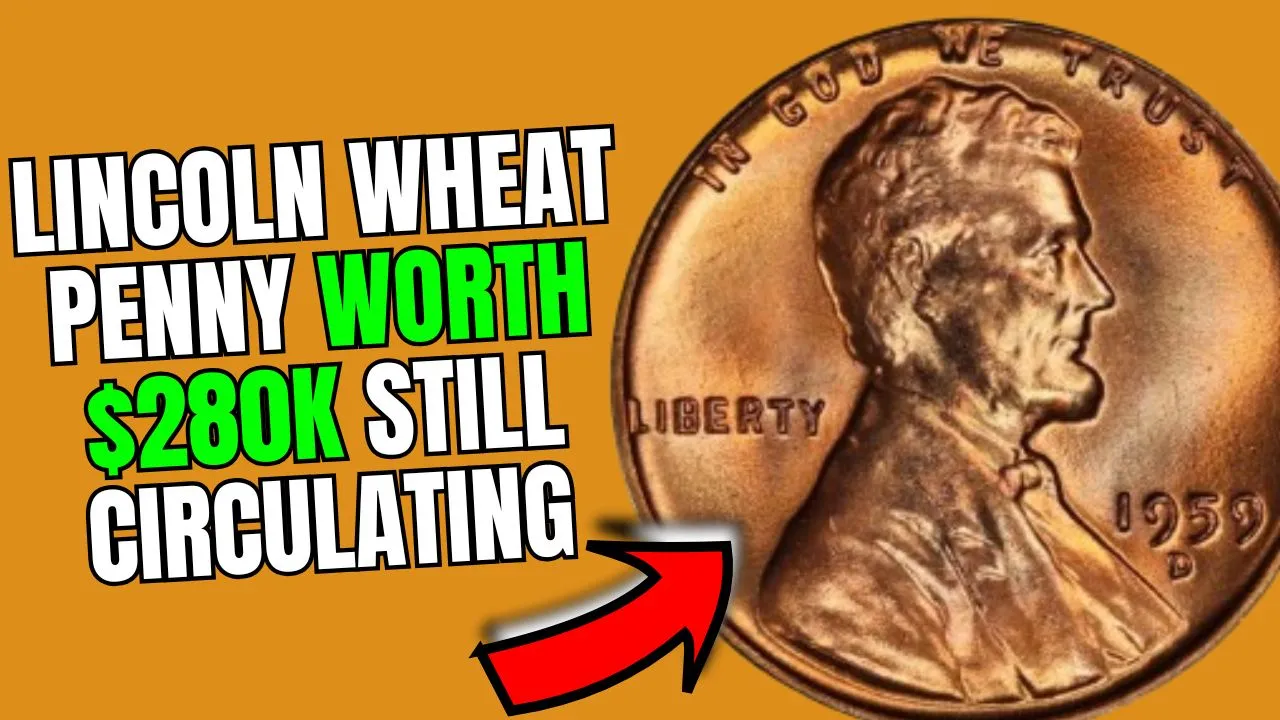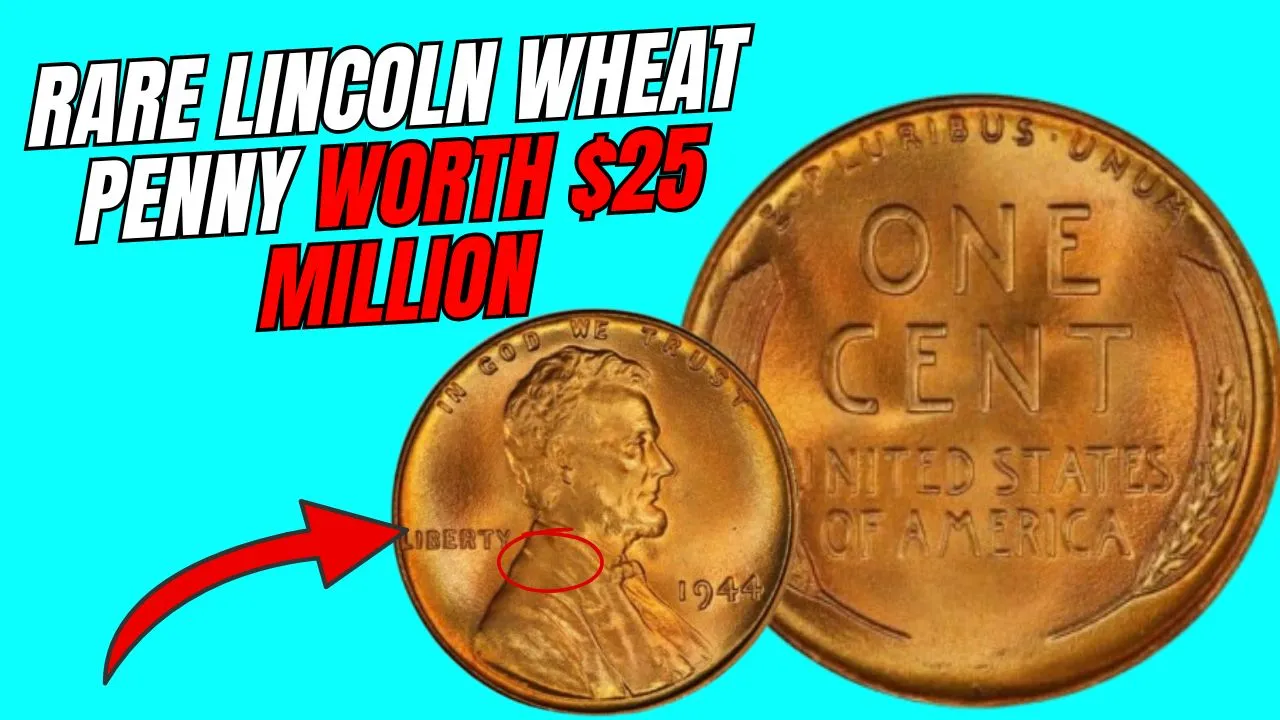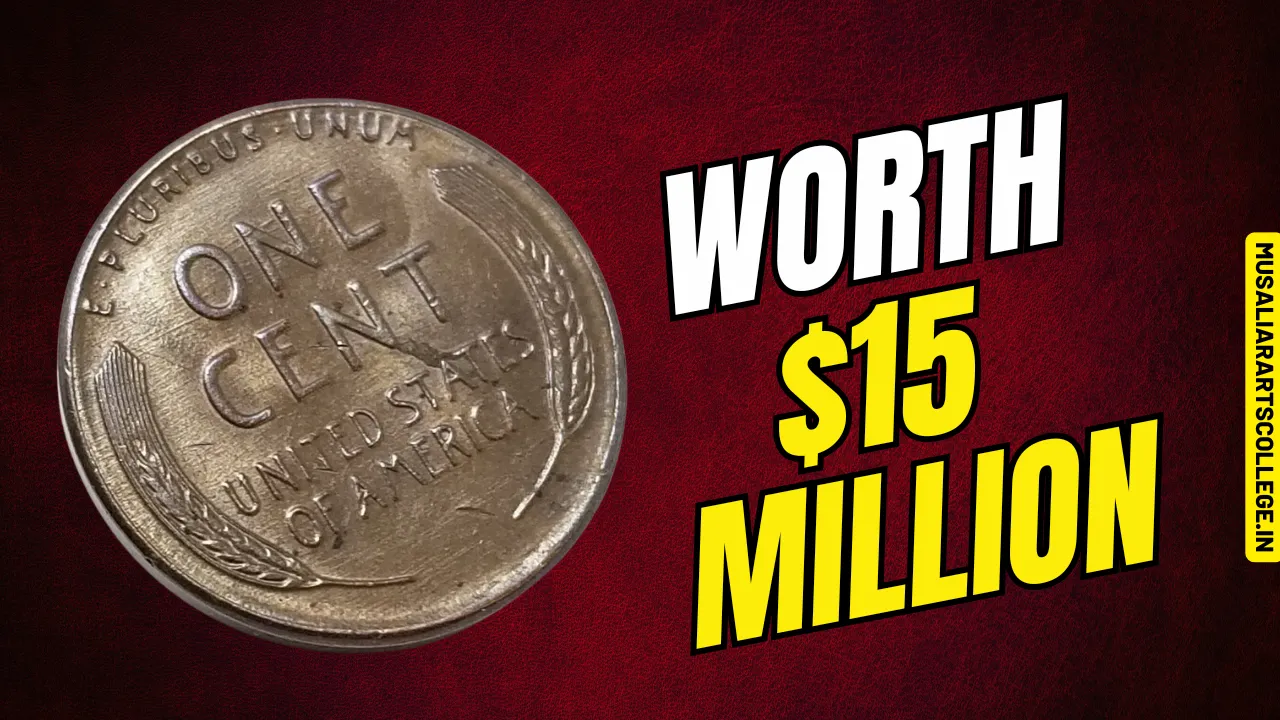Rare Bicentennial Quarters: The Rare Bicentennial Quarters are more than just pocket change—they are pieces of American history. Minted in 1976 to commemorate the 200th anniversary of the United States’ independence, these quarters feature a unique design of a colonial drummer on the reverse side. While millions of these coins were produced and still circulate today, a few rare variations have caught the attention of collectors for their exceptional value and scarcity.
In this article, we’ll uncover three Rare Bicentennial Quarters that stand out from the rest. Whether it’s due to a minting error, silver composition, or a unique design anomaly, these coins have become highly prized in the numismatic world. If you’ve been holding onto old quarters, now is the perfect time to check if you have one of these hidden treasures.
Overview of Rare Bicentennial Quarters
| Quarter Type | Key Features | Estimated Value |
| 1976-S Silver Proof Bicentennial Quarter | Made from 40% silver, proof finish | $10–$50+ |
| 1976 No Mint Mark Error Quarter | Missing mint mark (D or S) | Hundreds of dollars |
| 1976 Doubled Die Error Quarter | Doubling on design details | $500–$1,500+ |
1. 1976-S Silver Proof Bicentennial Quarter
The 1976-S Silver Proof Bicentennial Quarter is one of the most coveted coins from this series. Unlike standard quarters, this version was struck using 40% silver, making it stand out not only for its design but also for its composition. These coins were exclusively sold as part of special collector sets and were never released for general circulation.
One of the standout features of these quarters is their proof finish, which gives them a sharp and reflective appearance. This polished look highlights every intricate detail of the colonial drummer design. Depending on the coin’s condition and whether it remains in its original packaging, its value can range between $10 and $50. However, flawless examples graded by professional coin experts can sell for much more.
If you happen to own one of these shiny silver quarters, consider having it appraised—it might be worth more than you expect.
2. 1976 No Mint Mark Error Quarter
Minting errors are some of the most exciting discoveries for coin collectors, and the 1976 No Mint Mark Error Quarter is a prime example. During the production process, some quarters were accidentally struck without the standard “D” (Denver) or “S” (San Francisco) mint marks.
These mint errors are incredibly rare, as quality control at mints typically catches such mistakes before coins are released into circulation. Coins with missing mint marks that have been authenticated and graded by professionals often fetch hundreds of dollars, depending on their overall condition and rarity.
If you believe you’ve spotted a Bicentennial Quarter without a mint mark, consult an experienced numismatist to confirm its authenticity. This small oversight during production could turn an ordinary quarter into a valuable collector’s item.
3. 1976 Doubled Die Error Quarter
The 1976 Doubled Die Error Quarter is another rare gem sought after by collectors. This error occurs during the minting process when the die used to strike the coin shifts slightly, causing some parts of the design to appear doubled. On Bicentennial Quarters, this doubling is most often noticed on the drummer’s drum, the text “LIBERTY,” or the date “1776–1976.”
What makes these error coins especially valuable is their visual appeal. The doubling effect creates a distinct and noticeable difference that sets these coins apart from standard quarters. Depending on the prominence of the doubling and the coin’s condition, these quarters can command prices ranging from $500 to $1,500 or even more.
Collectors recommend inspecting your quarters under a magnifying glass to spot these subtle errors. If you find one, you might be holding a rare and valuable piece of numismatic history.
Why Are Rare Bicentennial Quarters Valuable?
The value of Rare Bicentennial Quarters comes from their historical significance, scarcity, and unique features. These quarters mark a special milestone in American history, and coins with silver content, minting errors, or proof finishes hold significant appeal among collectors.
Moreover, minting mistakes like missing mint marks or doubled die errors are highly sought after because they represent anomalies in an otherwise uniform production process. Their rarity ensures that demand remains high, driving their market value upward.
If you have any of these quarters in your collection, now is the time to give them a closer look.
How to Spot Rare Bicentennial Quarters
- Check the Mint Mark: Look for “S” (San Francisco) for silver quarters or the absence of a mint mark for rare errors.
- Inspect for Errors: Look closely for design irregularities, such as doubling on the text or the drummer’s image.
- Weigh the Coin: Silver quarters are heavier than standard clad coins.
- Condition Matters: Coins in pristine, uncirculated condition are always more valuable.
- Use a Magnifying Glass: Small details can make a big difference in value.
Where to Sell Rare Bicentennial Quarters
If you’ve discovered one of these valuable quarters, here are the best places to sell them:
- Coin Dealers: Trusted numismatists can provide accurate appraisals.
- Auction Websites: Platforms like eBay or Heritage Auctions attract serious buyers.
- Coin Shows: Direct interaction with collectors can lead to better deals.
- Online Coin Communities: Forums and groups can offer advice and potential buyers.
FAQs About Rare Bicentennial Quarters
How can I tell if my Bicentennial Quarter is valuable?
Look for key features like missing mint marks, silver content, or doubling errors.
Where is the best place to sell a Rare Bicentennial Quarter?
You can sell them through coin dealers, auction sites, or at coin shows.
Are all Bicentennial Quarters valuable?
No, most are common, but rare errors or silver-proof editions have significant value.
How do I protect valuable quarters?
Store them in protective coin holders in a dry, climate-controlled environment.
Can I still find Rare Bicentennial Quarters in circulation?
Yes, but it’s extremely rare to come across valuable variations in everyday transactions.
Final Thoughts
The Rare Bicentennial Quarters represent a unique blend of history, art, and potential financial reward. Whether you’ve stumbled upon a 1976-S Silver Proof Quarter, a No Mint Mark Error Quarter, or a Doubled Die Error Quarter, these coins hold far more value than their 25-cent face.
Take the time to inspect your collection or spare change—you might just uncover a valuable treasure. If this article helped you, share it with friends or drop a comment below about your findings!
